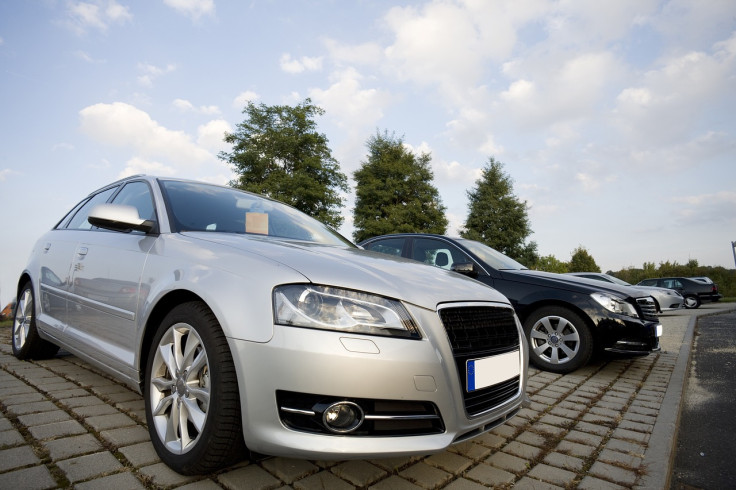Buyers Expected To See Rise In Used-Car Prices As Spring Sales Kick Off
KEY POINTS
- Wholesale used-vehicle prices increased 1.8% in the first 15 days of March
- Spring season typically sees an increase in the sale of used vehicles
- Industry experts are expecting buyers to purchase cars even after high prices
Customers hoping to buy used cars this spring should prepare themselves for the possibility of higher prices.
The used-car market is signaling increasing costs ahead for car buyers after wholesale prices increased for the third consecutive month in February.
Data from Cox Automotive's Manheim Used Vehicle Value Index revealed prices for wholesale used-vehicle prices rose by 4.3% from January to February. The jump is notably the largest increase for the full month of February since 2009's 4.4% rise.
Wholesale used-vehicle prices increased 1.8% in the first 15 days of March compared to February, as per the latest data by Manheim Index.
Since last fall, the cost of used cars were on a downward trend with the prices going down at least 7% when compared to the inflated levels from a year earlier. However, the prices have been seeing an upward trend in recent months, according to the index.
In the used-car market, wholesale prices rise about one or two months before car buyers finally see the increase. Therefore, customers planning to buy a used car will likely notice a jump in sticker prices this month due to the February trend.
Moreover, the spring season normally sees an increase in the sale of used vehicles right after consumers begin receiving their tax refunds.
While the spring selling season for used cars kicked off early this year, Cox reported there might be a shortage in supply.
"Used-vehicle sales have been up significantly, causing inventory to fall quickly in recent weeks and leaving dealers with especially tight inventories for the tax refund and spring selling season," said Charlie Chesbrough, Cox Automotive senior economist.
Used cars that buyers bought in February were most likely vehicles that dealers acquired in December and January when wholesale prices were lower, Pat Ryan, CEO of the car shopping app CoPilot, told USA TODAY. Hence, these car buyers did not experience the effect of the February rise in wholesale used-car prices.
Since retail prices for consumers have not yet caught up with the rise in wholesale used-vehicle prices, car buyers are still seeing a downward trend in the asking price, which slipped between January and February.
The average used-vehicle asking price was at $26,324 at the end of January, going down to $26,068 in February, Cox reported.
It will be car buyers who purchase used vehicles in March and April who will face the effect of the rise in wholesale used-car prices, Ryan added.
"Inflation's out there," Ryan told the outlet.
The cost of used cars is a key component for measuring inflation, as a result, the rise in used-vehicle prices adds to the fear of high inflation taking longer to cool off.
Ryan believes car buyers will still purchase used cars despite the rising prices.
Mike Trudeau, executive vice president of business development at car shipper Montway Auto Transport, also said buyers will continue purchasing used vehicles, adding, "With tax returns coming in, they can keep buying cars. I see no reason why they couldn't continue through March and April."

© Copyright IBTimes 2024. All rights reserved.






















